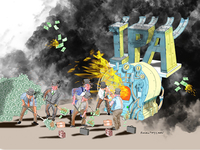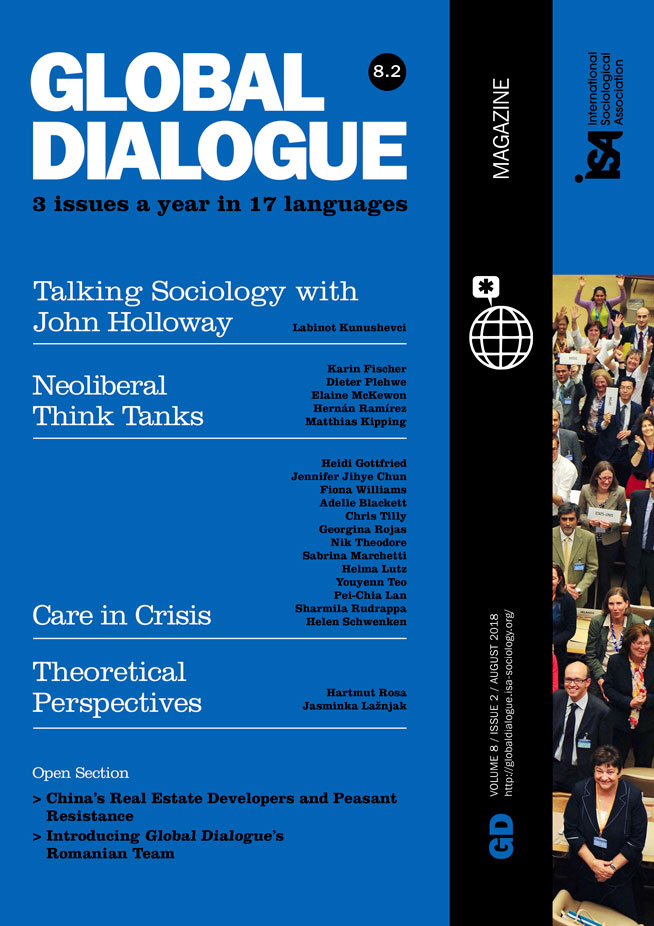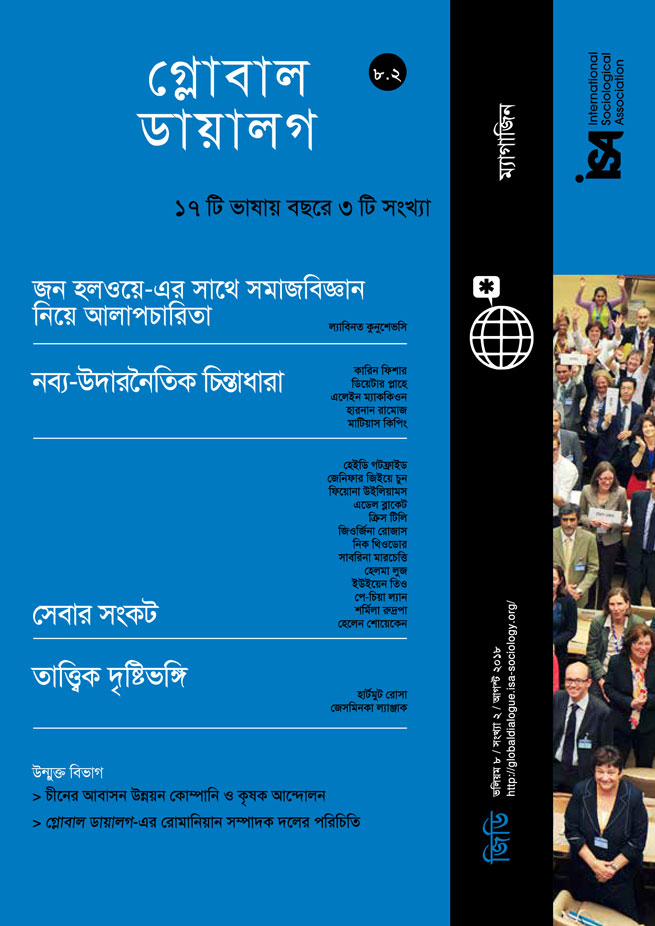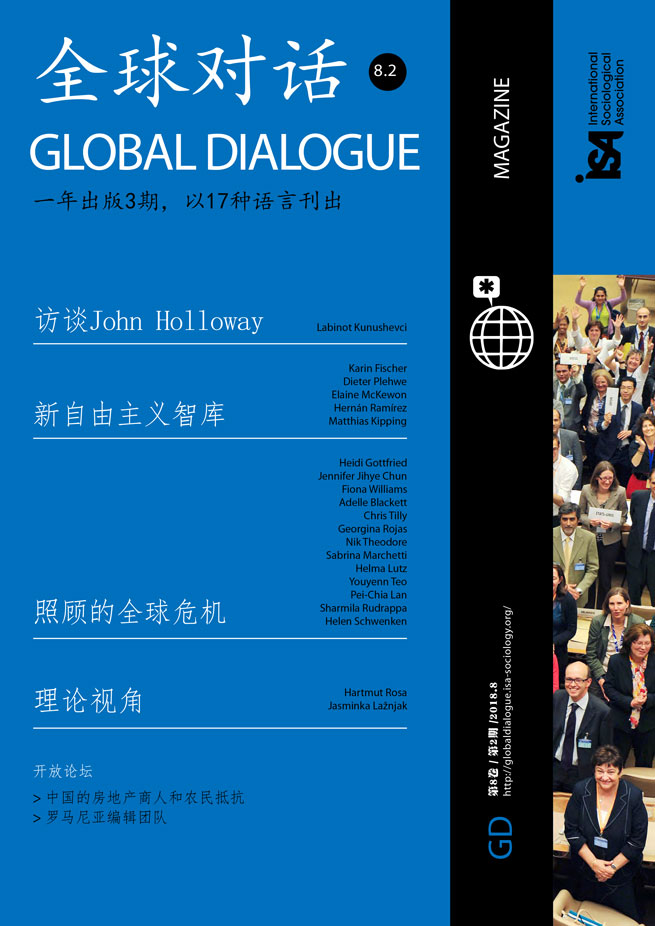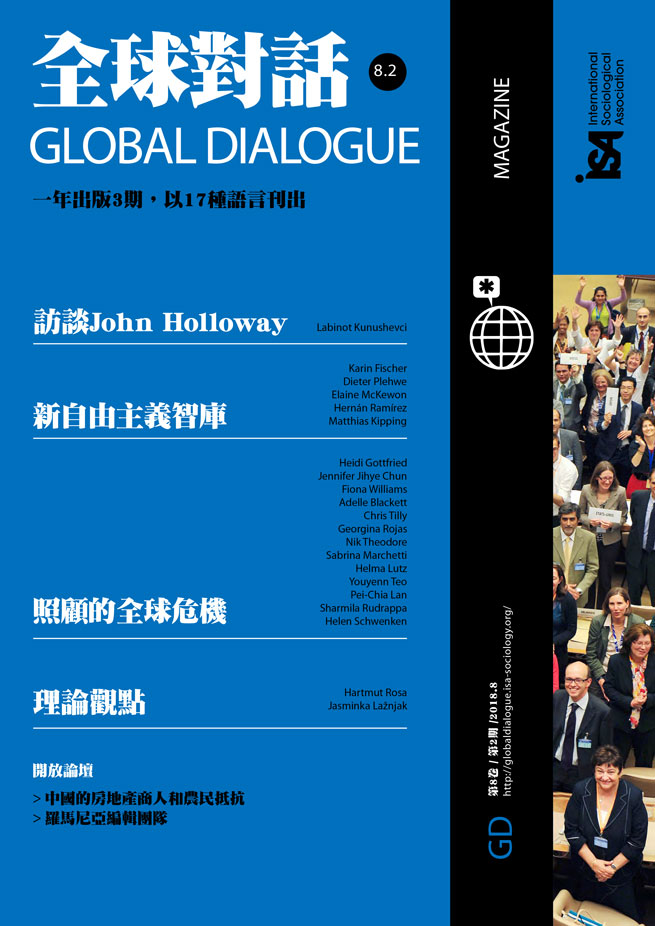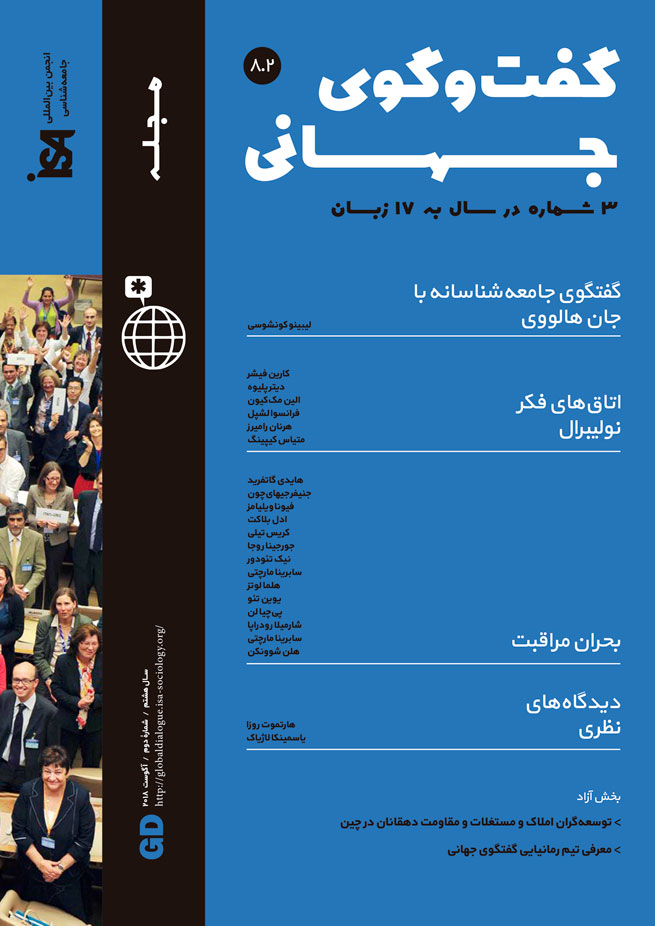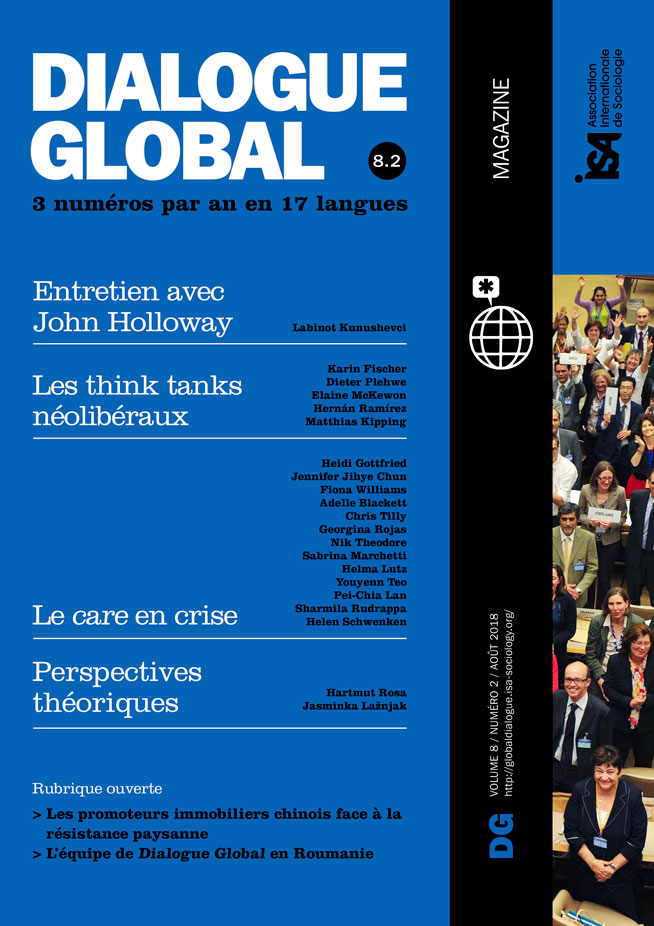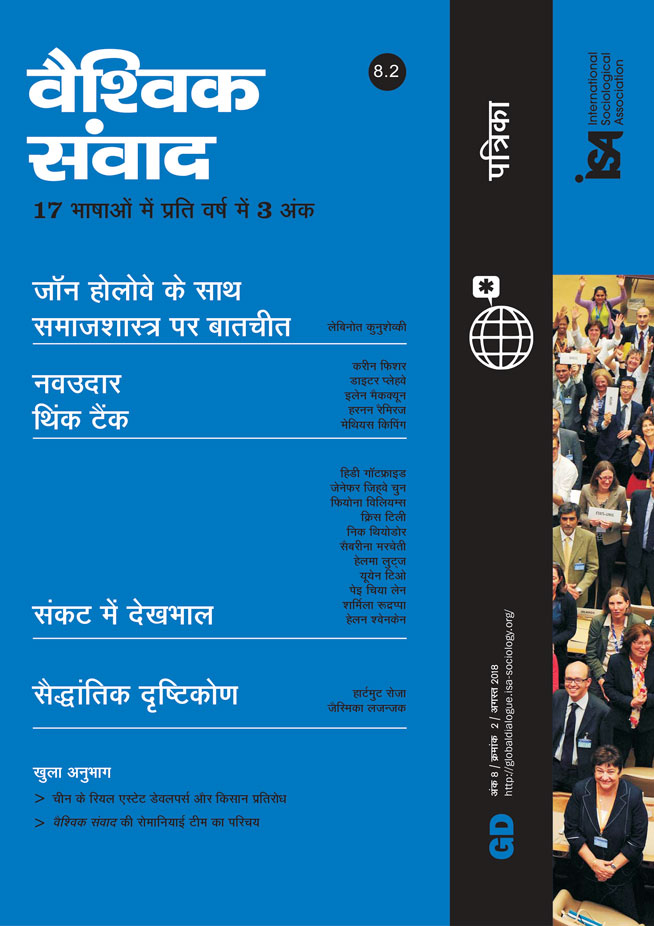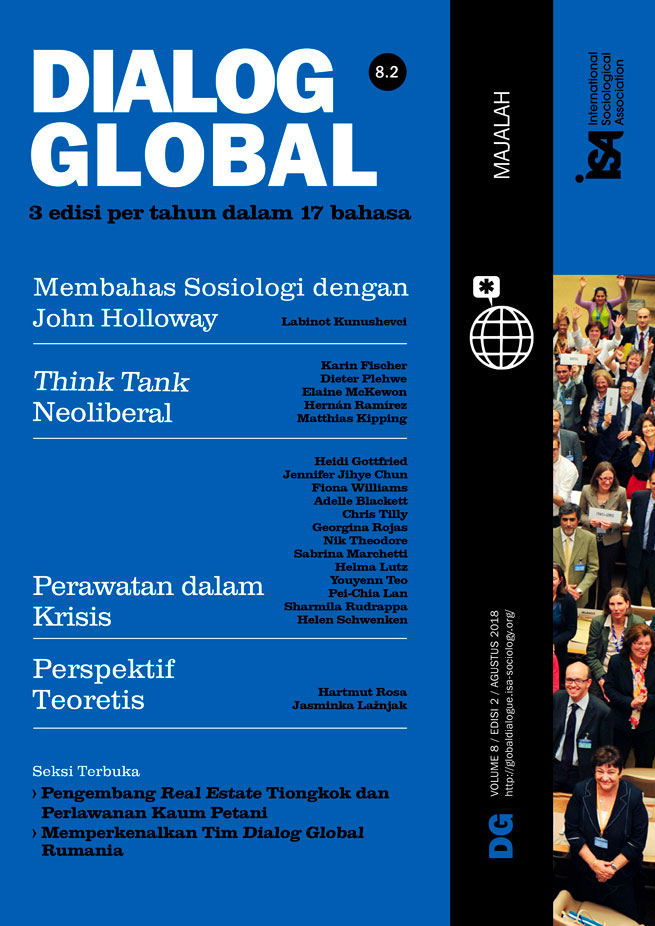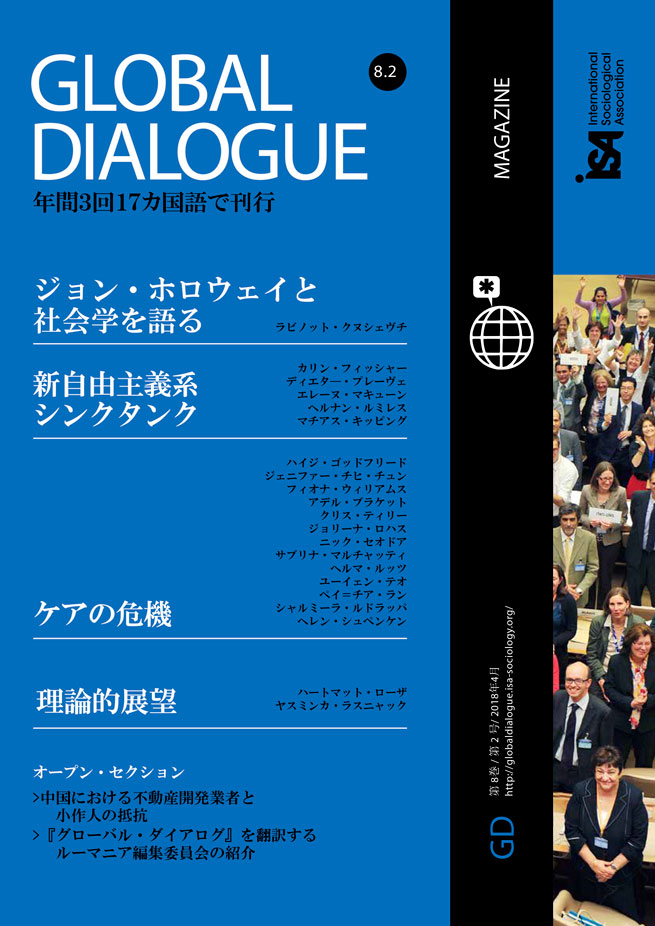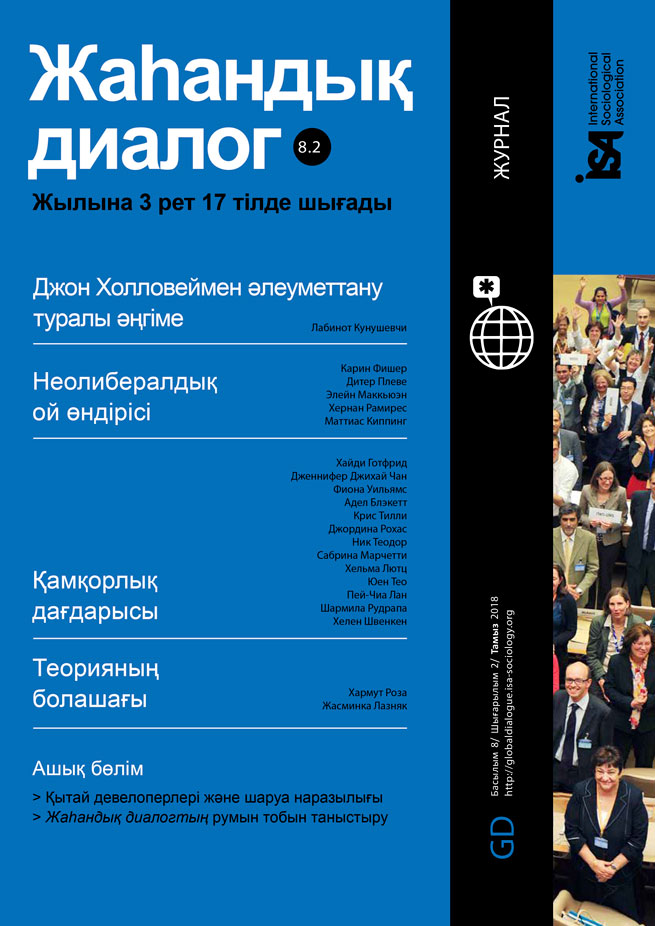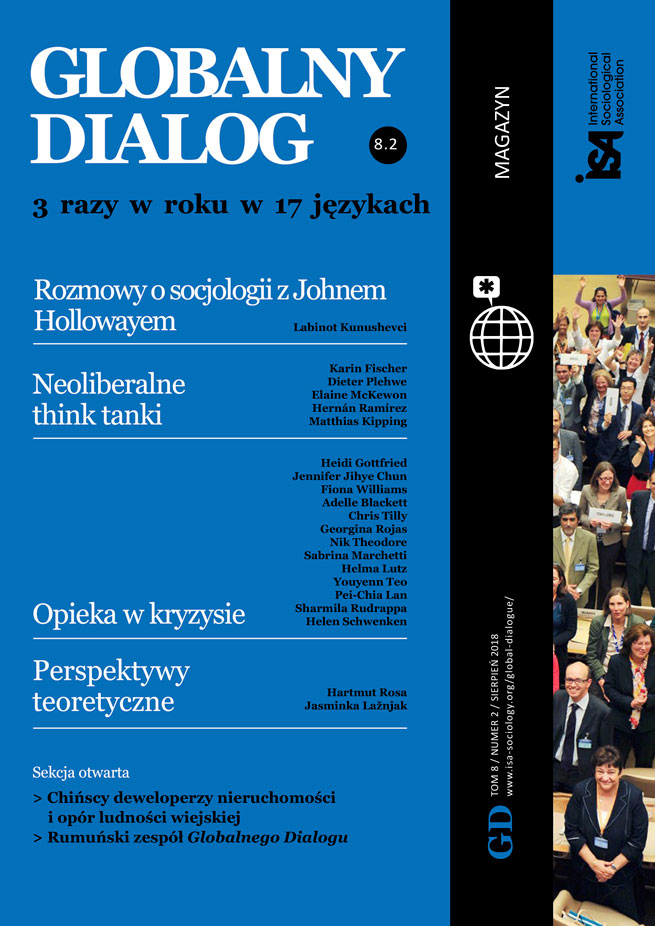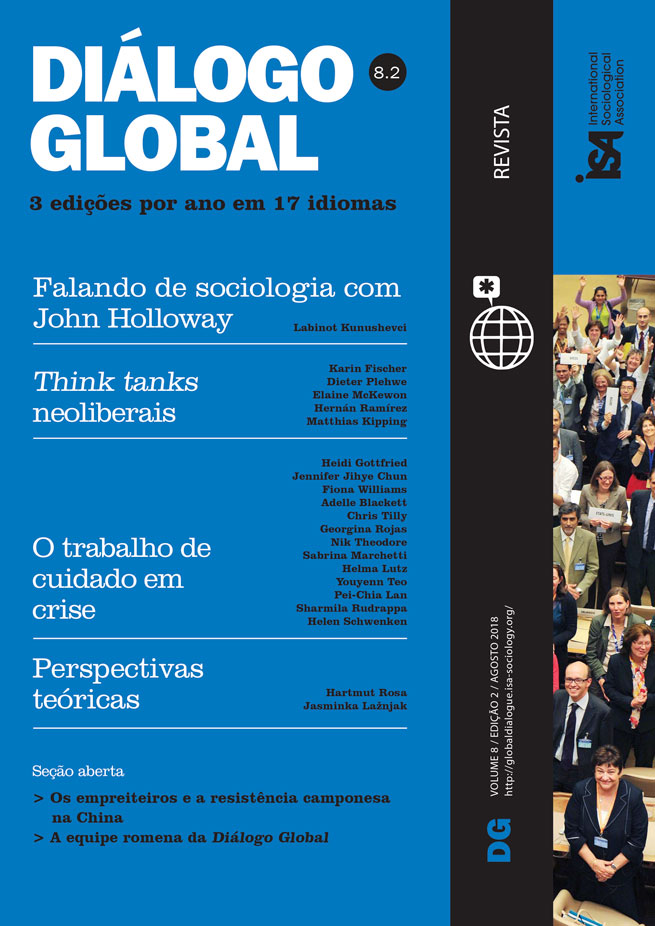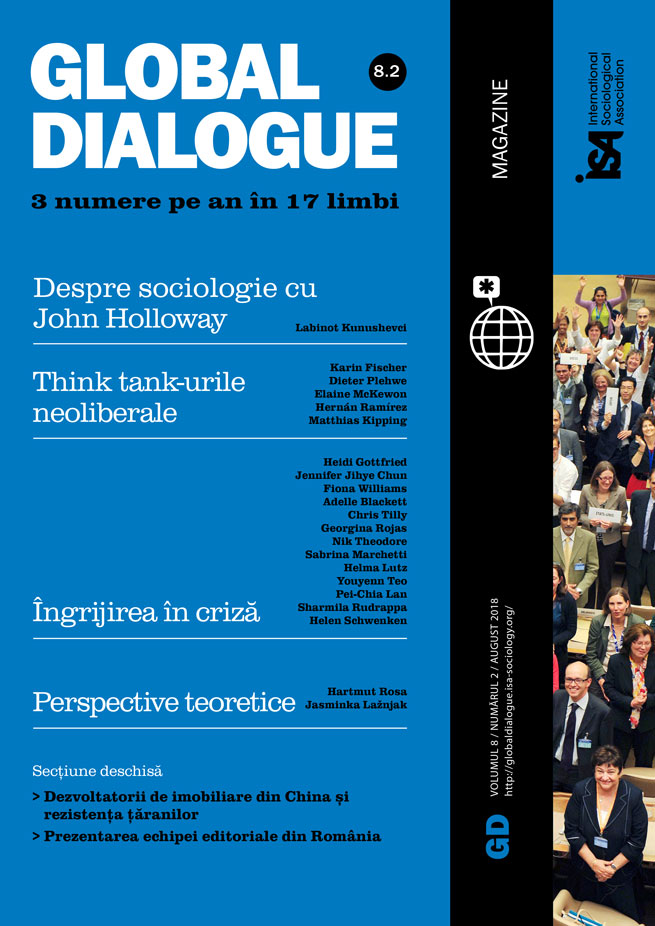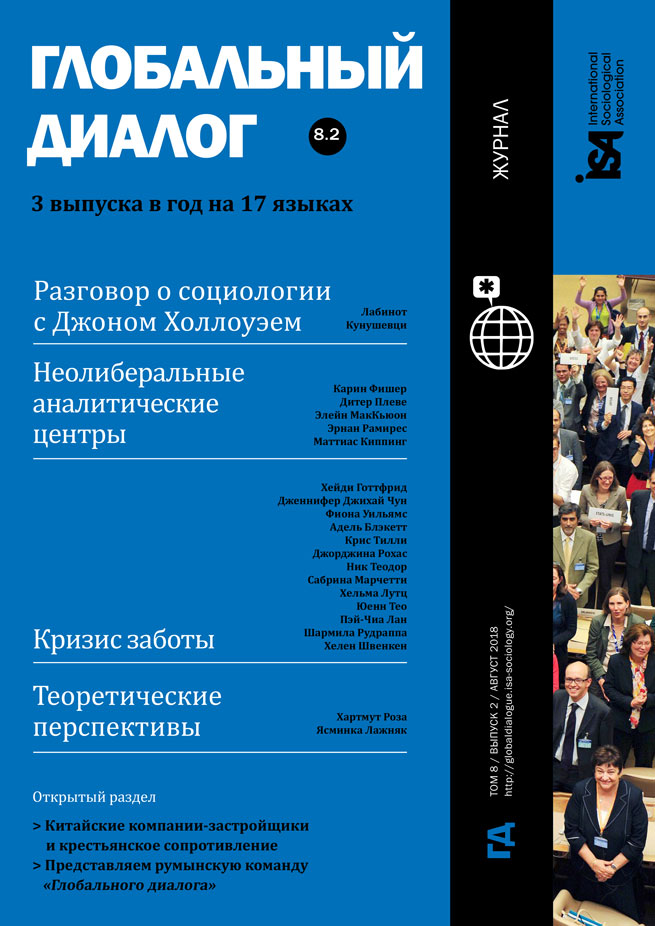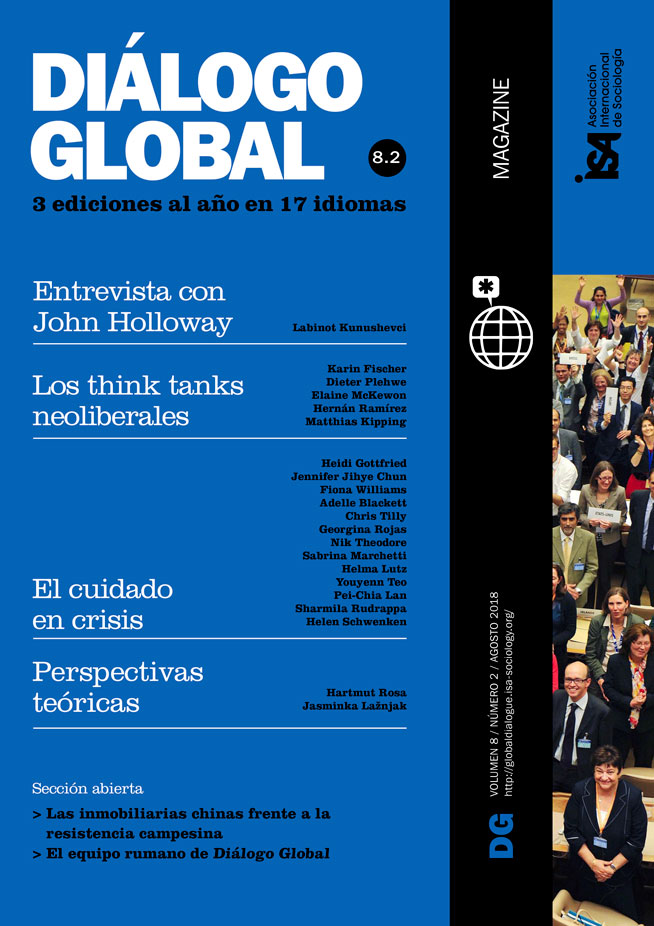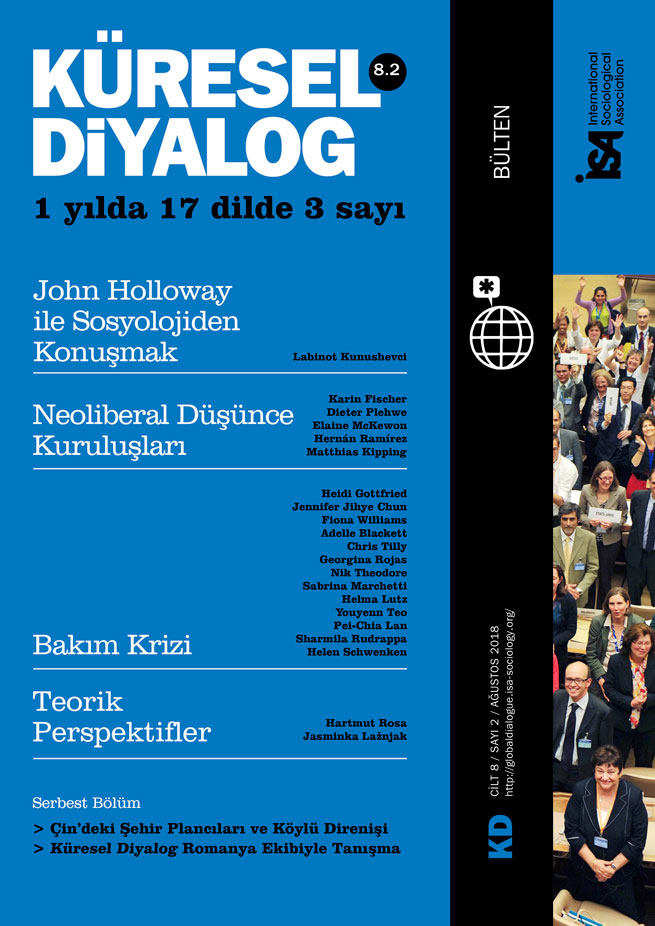Since the 2013 uprisings, Brazil has undergone moments of enormous political turmoil and abrupt ideological change, promoting a turn from neo-developmentalist policies towards a new neoliberal agenda that had already begun during President Dilma Rousseff’s second mandate. This turn was not a spontaneous shift, but the result of the action of a large number of actors and factors. Some were already on the scene, while others emerged and consolidated as part of the conjuncture. For this reason, our discussion will begin with the new moment but will take pre-existing elements into account.
One of the epiphenomena that marked these events was undoubtedly the irruption of movements composed predominantly of young people wielding a right-wing neoliberal discourse. This is particularly the case of the Movimento Brasil Livre (Free Brazil Movement), Estudantes Pela Liberdade (Students For Liberty), and Vem Pra Rua (Take to the Streets). Although we still know very little about them, there is evidence linking them to initiatives within this great ideological swing and its think tanks. They disseminated their ideas primarily through the extensive use of social media networks, using various interconnected channels linked to other centers with neoliberal roots.
Within a very short period of time, the actions of these groups enabled them to recruit a huge mass of individuals and to provide them with a rudimentary narrative. The people they mobilized flooded the networks and mass media and from there descended upon city streets and squares, in mass meetings that created the conditions for the institutional actors who went on to depose the recently re-elected president.
Rather than organically structured organizations with a core from which actions and ideas irradiate, theirs became a network working through a freer form of symbiosis, triangulating resources. This network is intricate, all the more so given the fact that Brazil is a country with limited national representative organizations. This is especially true for its bourgeoisie, which tends to act according to regional cleavages and political parties representing their interests. The latter are largely dependent on local political bosses and lack coherent programmatic proposals.
A brief historicization of our object
Some basic historical synthesis is necessary in order to understand the fabric of the neoliberal think tank networks that operate today. The penetration of ideas that can be associated with neoliberalism dates back to the mid-1950s, when they began to spread. They took root, institutionally, at the end of that decade, largely through a first generation of think tanks. The Instituto Brasileiro de Ação Democrática (IBAD) and the Instituto de Pesquisas e Estudos Sociais (IPES) stand out in this regard. Both provided their first contributions to the design of public policies for the political opponents of Labor President João Goulart; these elements were later applied during the first phase of the dictatorship but began to lose ground by the late 1960s.
The above-mentioned discontinuity is another of the characteristics marking the institutional development of neoliberalism in Brazil. In addition to the marked regional cleavages, the institutions we have mentioned are more oriented toward propagandistic than policy-making functions. Functions of the second type are reserved for a core group of private educational institutions, such as the Fundação Getúlio Vargas and the Pontifícia Universidade Católica de Rio de Janeiro (PUC-Rio). At the same time, no major energies are invested in the training of the technical staff recruited by these institutions, who tend to come from a similar social background to that of the entrepreneurial class, allowing for fluid movement between these two spheres.
The second wave of creation of neoliberal think tanks occurred after the democratic opening, during the 1980s, a period in which the Institutos Liberais (ILs) came to life. These were founded during those years after consultations with Antony Fisher, founder and inspirer of the Institute of Economic Affairs and the Atlas Network, and worked according to similar guidelines in Rio de Janeiro, São Paulo, and other capitals. The Porto Alegre headquarter adopted the name Instituto Liberdade and is under separate command.
This also helps us to understand why the figures that directed the economic policy of the Fernando H. Cardoso administration – during the golden days of Brazilian neoliberalism – came from the ranks of the PUC-Rio. They later enjoyed success as bankers, owners of investment funds, and party advisors. Once outside the government, they sought refuge in the Casa das Garças (or Instituto de Estudos de Política Econômica), perhaps the most important neoliberal think tank guided actively by its own way of thinking. Many of them are also members of the Instituto Millenium, founded by a philosopher from Porto Alegre and an economist from the PUC-Rio. Both of these people are also connected to hegemonic media corporations, which in turn claim to be advocacy think tanks. The Fórum da Liberdade has become the group’s most important conclave. It acts as a core organization that gathers its partners together once a year in Porto Alegre. The fluidity with which all of these organizations share members is also worth pointing out.
Is there light at the end of the tunnel?
This is a troubling scenario, given the expansion of the network, its discourse, and its actions, which placed a neoliberal agenda at the forefront of Dilma’s own economic policy. This nonetheless did not prevent the fall of her appointee, and would later lead to her impeachment, enthroning Michel Temer and the economic team that has made a turn in the policy that Brazil had pursued until the year 2013.
Nonetheless, it now seems that current tendencies may be suffering a certain exhaustion. The allegations that were used to justify the change of regime have not been able to move beyond a kind of common sense that the international wave had already implanted, and have not been enough to produce consensus beyond particular circles. Furthermore, the public policies that have been promoted in the heat of this third neoliberal wave are also showing signs of failure, reflected as well in voters’ feeble interest in the candidates who uphold these. This contrasts with the persistent popularity of former president Luis Inácio Lula da Silva, which has firmly withstood the raging storm.
Hernán Ramírez, Universidade do Vale do Rio dos Sinos (Unisinos) and researcher of the National Council for Scientific and Technological Development (CNPq), Brazil <hramirez1967@yahoo.com>

